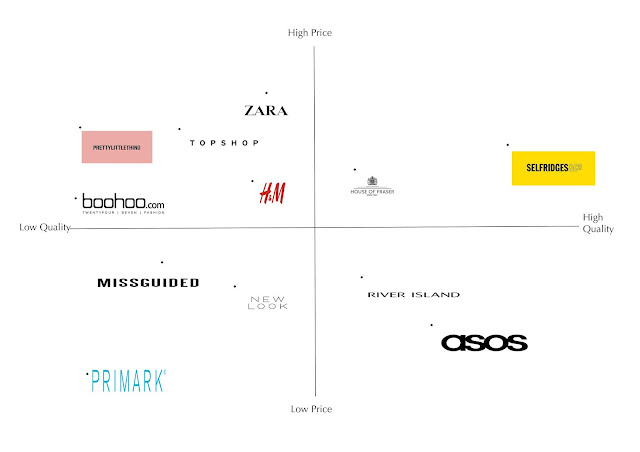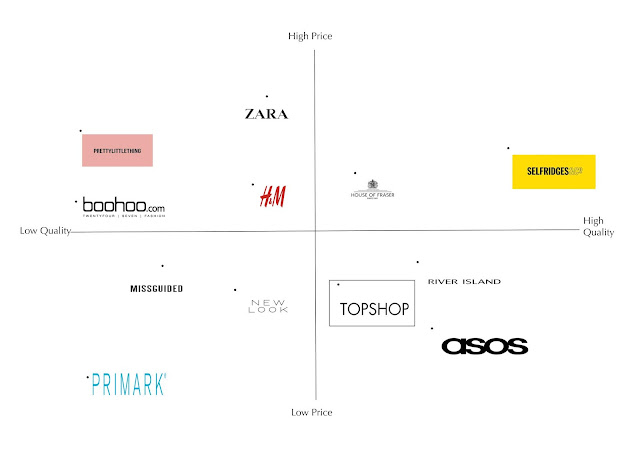FAST FASHION
"People are buying twice as many items of clothing as they did a decade ago"
Fast fashion is a contemporary term used by fashion retailers to express that designs move from catwalk quickly to capture current fashion trends. Fast fashion clothing collections are based on the most recent fashion trends presented at Fashion Week in both the spring and the autumn of every year.
MP’s say that the fashion Industry is a major source of the greenhouse gases that are overheating the planet. Discarded clothes are also pilling up in landfill sites and fibre fragments are flowing into the sea when clothes are washed. Fast fashion is fuelling quit turnarounds among suppliers which could lead to poor working conditions such as child labour.
- british shoppers buy far more new clothes than any other nation in Europe
- Are there any solutions?
- Questions to ask retailers
- Do you pay the living wage and how do you ensure child labour is not used in factories
- Do you use recycled materials
- How long do you keep clothes, and how do you encourage recycling
- Do you incinerate unsold or returned stock
- How are you reducing the flow of microfibres into the sea
According to a 2015 report from the British Fashion Council, the UK fashion industry contributed £28.1 billion to national GDP, compared with £21 billion in 2009.The globalised market for fashion manufacturing has facilitated a “fast fashion” phenomenon; cheap clothing, with quick turnover that encourages repurchasing.



Comments
Post a Comment